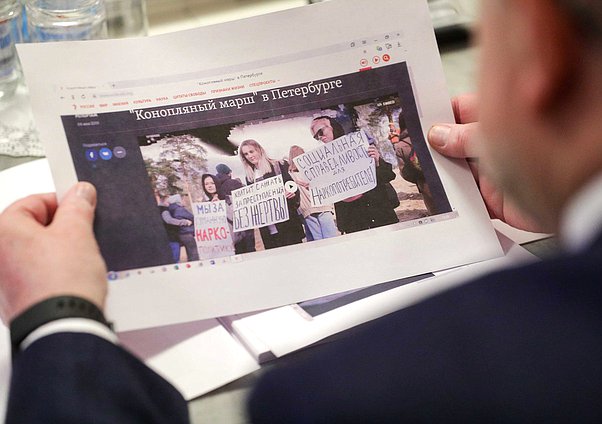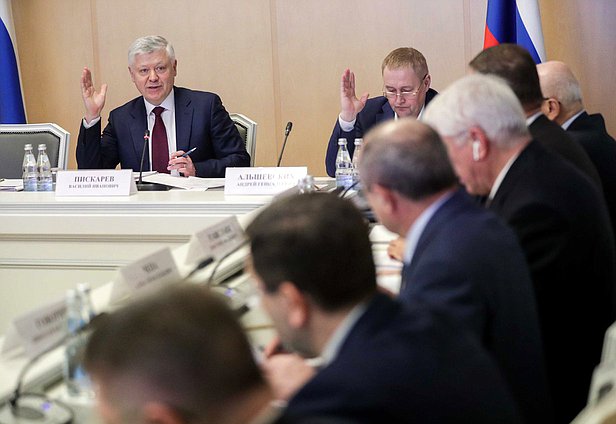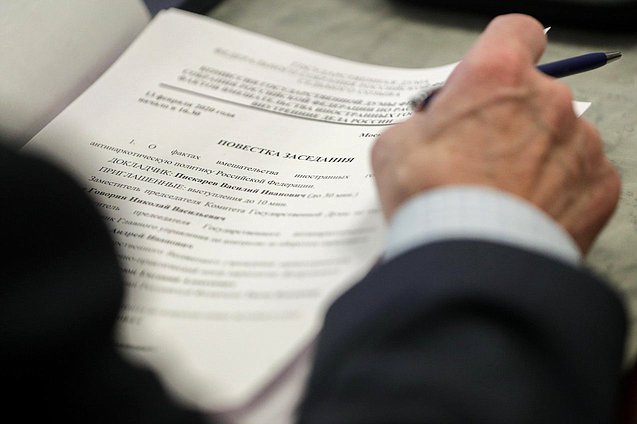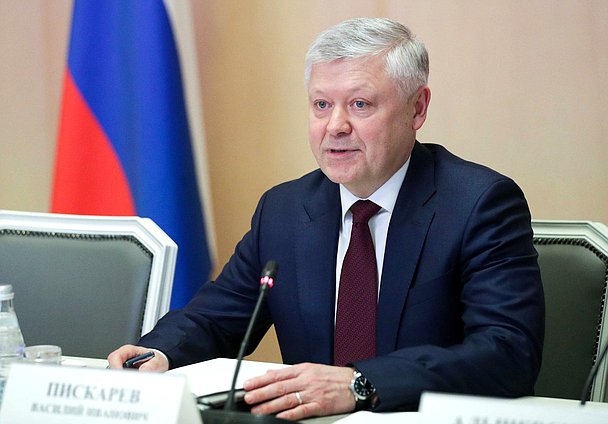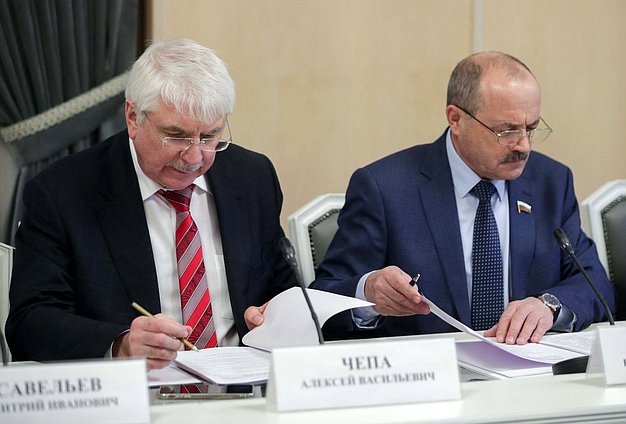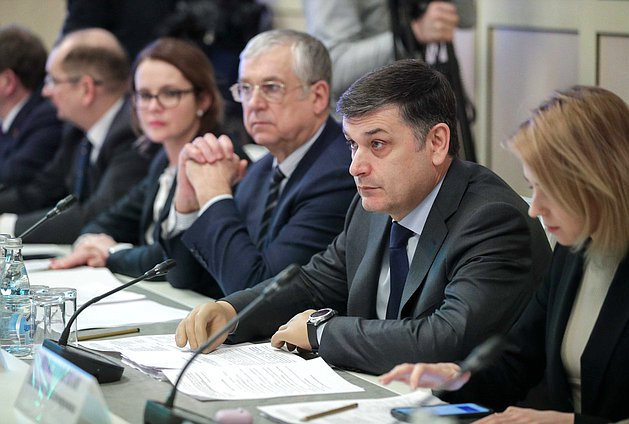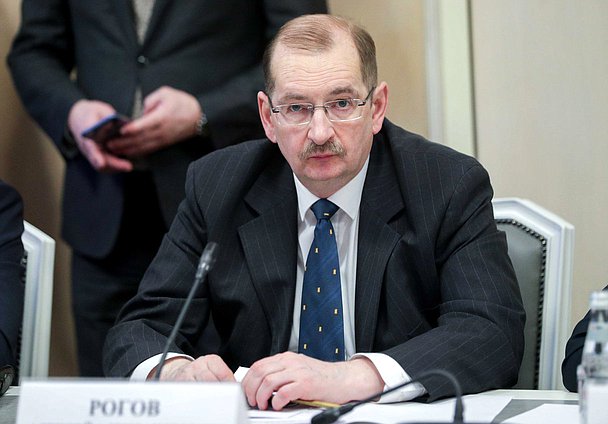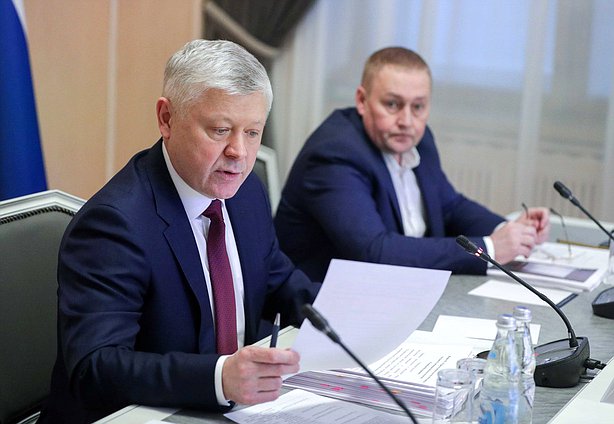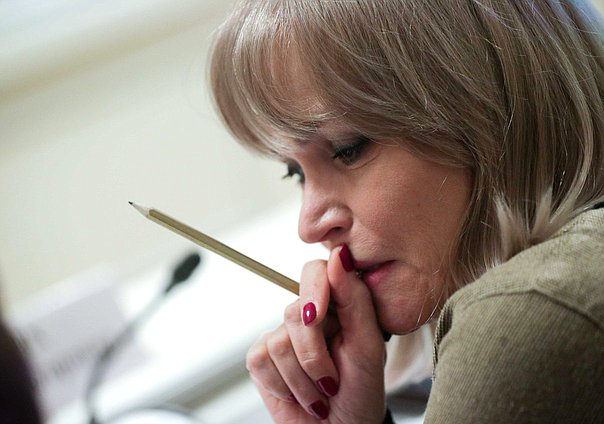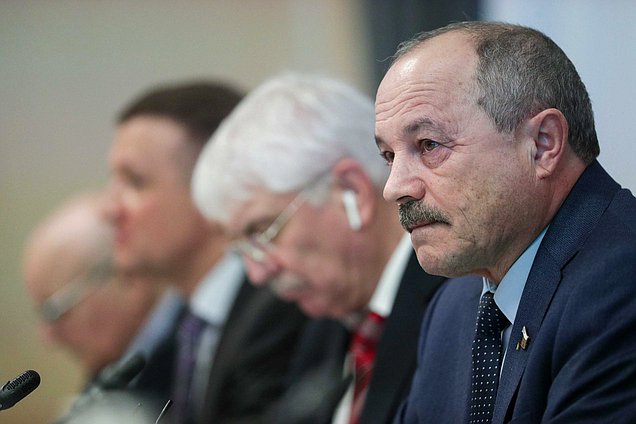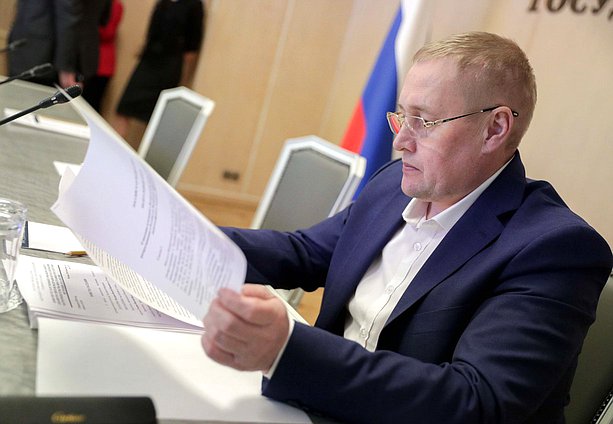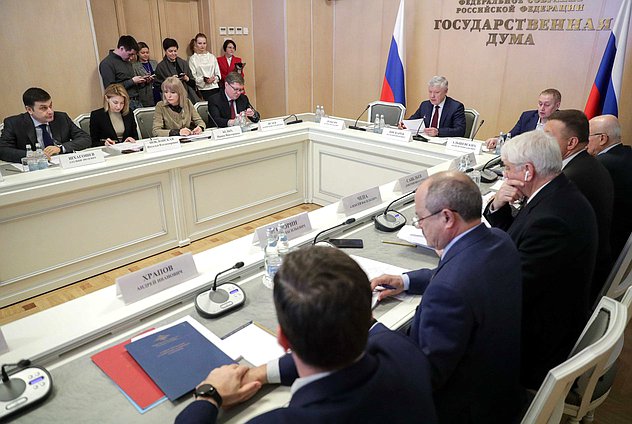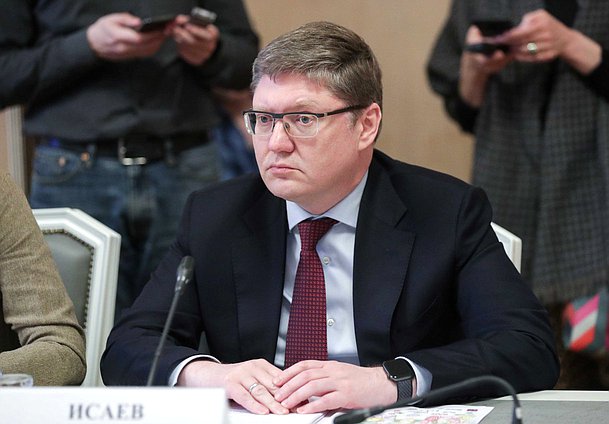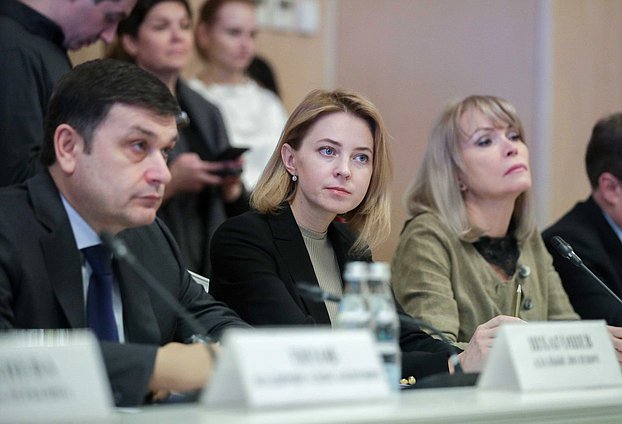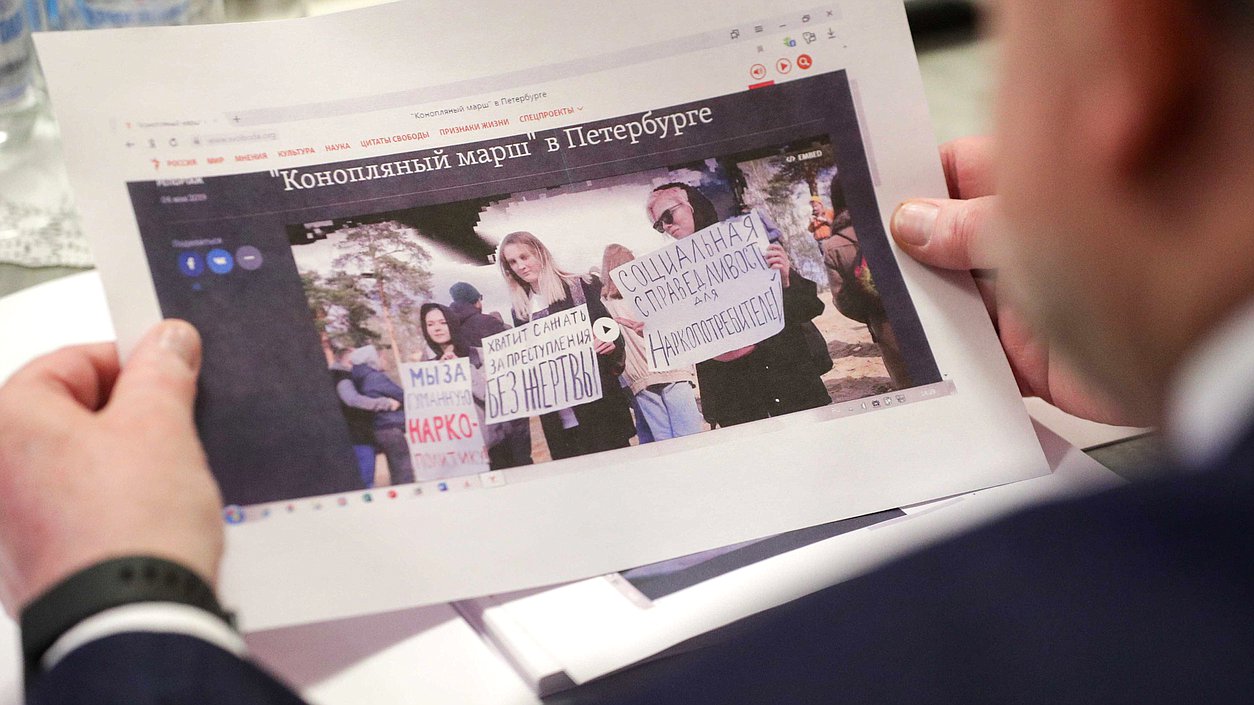
On February 13, a meeting of the Commission on the Investigation of Foreign Interference in Russia's Internal Affair was held at the State Duma. Its main topic was a revision of the facts of the influence of foreign non-profit organizations, including those recognized in Russia as undesirable, and foreign media on anti-drug policy in the country.
“Foreign
influence is aimed at increasing the number of drug addicted persons through
the formation in society, primarily among children and young people, of a tolerant attitude to drug use, which poses a direct threat to the demographic situation
in our country and to the preservation of the traditional moral values of Russian society,” said the Chairman of the Commission Vasilii Piskarev

Vasily Ivanovich
.
He mentioned such organizations as the Open Society Institute (USA), Open Russia (UK), People in Need (Czech Republic), National Endowment for Democracy (USA), International Republican Institute (USA), National Democratic Institute for International Affairs (USA) and the Atlantic Council (USA), as well as three foreign media — Meduza (Latvia), BBC (UK) and Radio Liberty (USA).
The Chairman of the Commission said that they had identified several ways of interference of such foreign media and organizations in the drug policy of Russia.
First of all, it is the involvement of young people in protest activities for supporting the decriminalization of drug use. Vasilii Piskarev noted, in particular, that Radio Liberty and Meduza actively reported on such unauthorized actions, and took as an example publications on the so-called “hemp march” in Saint Petersburg.
“Russian graduates of foreign training programmes, who were previously convicted of illegal drug sales, took an active part in that action. A blatant fact of drug propaganda is the mass distribution of marijuana seeds to the participants for further cultivation at home,” he said.
The Chairman of the Commission also pointed out that foreign NPOs recognized as undesirable in Russia are recruiting Russian activists to lobby for decriminalization of drug use, and are also funding lobbying for methadone therapy in Russia and promoting needles and syringe exchange programmes.
According to the parliamentarian, ”the main idea of lobbyists who are trying to introduce substitution therapy in Russia is to satisfy the interests of foreign manufacturers of such expensive drug as methadone.“
In addition, Russian authorities involved in the fight against drug trafficking and drug prevention are being discredited in a number of foreign media. Information on ways of avoiding criminal and administrative liability for drug crimes is being spread by non-profit organizations recognized in Russia as undesirable, for example, Open Russia.
“It is obvious that in the current foreign policy conditions unfriendly states will only increase interference in the internal affairs of our state, including imposing and promoting drug liberal ideas, purposefully destroying the young generation of our citizens,” said Vasilii Piskarev
Following the meeting of the Commission, he said that parliamentarians recommended accelerating the adoption of a bill aimed at strengthening the fight against the promotion of drugs and psychotropic substances on the Internet; the relevant amendments to the Code of Administrative Offenses have already been introduced into the State Duma.
They recommended accelerating the review of a bill establishing criminal liability for inducing the use of drugs via the Internet.
Also, parliamentarians recommended consideration of introducing an additional qualifying attribute to article 150 of the Criminal Code of the Russian Federation “Involving a minor in committing a crime” such as involving a minor in committing a crime related to drug trafficking, establishing punishment as for drug dealing — up to 20 years in prison.
In addition, parliamentarians recommended completing the drafting of a bill establishing administrative and criminal liability for Russian citizens for participation in such events held abroad by undesirable organizations. The Commission obtained positive feedbacks on a working draft law from the General Prosecutor's Office and the Ministry of Justice of Russia, Vasilii Piskarev said.
According to Vasilii Piskarev, the materials of the Commission’s investigation, including revealed facts of the activities of undesirable organizations and drug propaganda, will be transferred to law enforcement agencies — the Russian Ministry of Internal Affairs, the General Prosecutor's Office, and also to Roskomnadzor.
The meeting of the Commission was also attended by Deputy Chairman of the State Anti-Drug Committee, Head of the Main Directorate for Drugs Control of the Ministry of Internal Affairs of Russia Andrei Khrapov and President of the Moscow Research and Practical Centre for Narcology of the Department of Public Health Evgeny Bryun, other representatives of federal executive bodies and experts.
